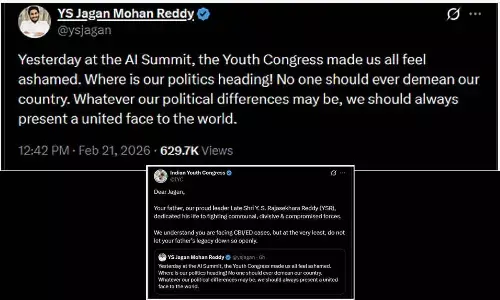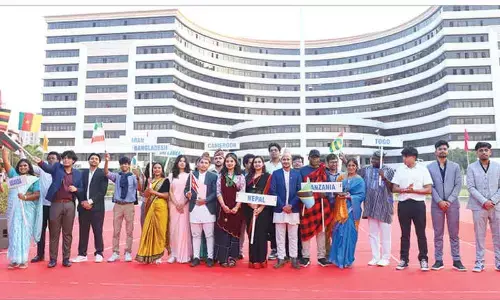How does it influence student employment?

In the beginning of the 21st Century, an interesting social experiment was conducted at Cornell University. Three categories of people were identified for the experiment as follows: One category who lived their entire life in one country; (United States).
In the beginning of the 21st Century, an interesting social experiment was conducted at Cornell University. Three categories of people were identified for the experiment as follows: One category who lived their entire life in one country; (United States). The second category were people who had experience in two countries (US and another); and the third category were people who had exposure and experience in multiple countries and cultures.
All three categories were given a similar and interesting challenge- The Dunker Candle Problem. Of the three categories, the highest percentage of correct solutions came from the participants who had a multi-country exposure. This experiment validates the need and relevance for global exposure and education to stay relevant.
We have witnessed that over the last few decades the world has become increasingly globalised. Geographic and political boundaries have been broken, creating a world of diverse nations connected with each other. Renowned global strategist, Parag Khanna calls this "Connectography" in his recent book.
This new paradigm opens up a plethora of opportunities and challenges. Corporations across the world, in any country require professionals with a global mind-set. These professionals understand nuances of global culture and global business practices. They are also required to familiarise and appreciate how different people from different countries understand each other and do business.
This new business order cuts across cultural ideologies and requires managers and leaders to be adequately equipped with the right knowledge, skills and attributes. These include Decision Making, Digital Intelligence, Critical Thinking, Frugal Innovation, Cross-cultural Collaboration, and Emotional and Social Intelligence in a globalised context.
The results of the Cornell University experiment are counter-intuitive as the latest findings from neuroscience explain this well. Every time a person is exposed to a new country and its culture, new neural connections are formed in the human brain, which absorbs all these varied experiences.
These experiences are stored in the hippocampus region of the brain. In a typical work situation, when a global challenge or problem is encountered, the brain, exposed to multiple global cultures, is able to connect the dots and provide the most appropriate solution.
In another research done by Harvard University in 2010, which looked into the critical competencies for the 21st Century Leader, it was found that Global Intelligence was one of the most crucial, for surviving and thriving in a dynamic global environment.
Based on the Cornell University experiment and the research by Harvard University, we can categorically confirm that student employment opportunities are much better for people with global education, in comparison to people educated in one country only.
For corporations across the world the imperative need for such globally intelligent managers is increasingly becoming the norm. For example, in multinational corporations like Unilever, P & G and Nestle, there are more than 100 nationalities working in each of them.
Students who are able to identify this changing trend and prepare themselves with the right global education have an extremely high probability of exciting and successful career options.
(The author is CEO & Head - Dubai Campus and Sr Vice President - Institutional Development, Professor of Leadership, Design Thinking & Organisational Behaviour, SP Jain School of Global Management)











